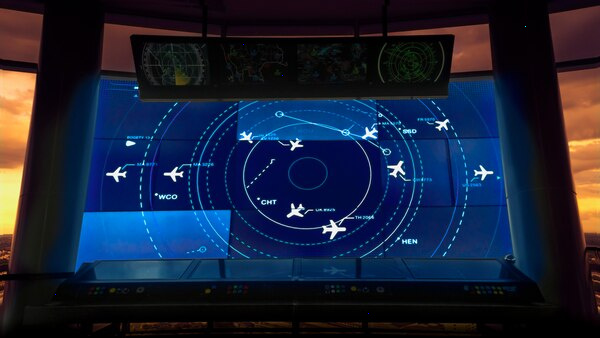The Future of Space Exploration
Space exploration has always been a frontier that captures the imagination of humanity, offering a gateway to understanding the universe beyond our terrestrial home. As we peer into the future, the landscape of space exploration is evolving rapidly, shaped by technological advancements, international collaborations, and an increasing interest from private enterprises. This new era promises unprecedented opportunities and challenges for the scientific community and humanity as a whole.
One of the most significant shifts in space exploration is the rise of private companies involved in space missions. Corporations like SpaceX, Blue Origin, and Virgin Galactic are spearheading efforts to commercialize space travel, reducing costs and opening new pathways for innovation. SpaceX’s endeavor to develop reusable rockets, for instance, has already had a profound impact, lowering the barriers to entry and facilitating more frequent launches. This democratization of space access could spur a new age of discovery, enabling more international players and even universities to participate in exploratory missions.

The goals of space exploration in the coming decades are ambitious. The Artemis program, led by NASA, aims to return humans to the Moon by the mid-2020s, with plans for sustainable lunar exploration. Establishing a permanent presence on the Moon is viewed not only as a stepping stone for scientific study and resource utilization but also as a proving ground for missions to Mars later in the century. Collaborations with international space agencies and private partners will be crucial in achieving these goals, pooling resources, expertise, and diverse perspectives.
Mars colonization is another visionary ambition that continues to capture public interest. Companies like SpaceX are optimistic about sending humans to the Red Planet, with plans that include developing the necessary infrastructure for sustainable living. While the challenges are immense, including harsh environmental conditions, radiation exposure, and prolonged isolation, the scientific community is steadily progressing in developing the technologies necessary to overcome these obstacles. Robotic missions, like the Perseverance rover, are currently paving the way by searching for signs of past life and testing new technologies for future human expeditions.
Beyond Mars, the exploration of the outer planets and their moons remains a tantalizing prospect. Missions such as the European Space Agency’s JUICE (JUpiter ICy moons Explorer) are targeted at exploring the possibility of life beneath the icy surfaces of Jupiter’s moons like Europa and Ganymede. These missions could provide insights into the potential habitability of other worlds, thus broadening our understanding of where life might exist beyond Earth.
Advances in technology are pivotal in addressing the challenges that space exploration presents. Robotics, artificial intelligence, and machine learning are increasingly applied in mission planning and execution, enhancing the capabilities of rovers and spacecraft to conduct remote science without direct human intervention. Additionally, advancements in propulsion technology and sustainable energy systems are key to making deep space travel feasible and cost-effective.
However, the future of space exploration is not without its ethical and environmental considerations. The potential commercialization and militarization of space raise questions about the stewardship of space resources and the preservation of space environments. The international community will need to develop frameworks and treaties to ensure that space exploration is conducted responsibly, benefiting all of humanity rather than being dominated by a few entities.
In conclusion, the future of space exploration is poised to be one of collaboration and innovation, driven by both public institutions and private industry. As humanity stretches its reach beyond Earth, the coming decades could witness groundbreaking discoveries that redefine our understanding of life, our universe, and our place within it. The pursuit of knowledge in the vast expanse of space continues to inspire and challenge us, reminding us of our innate desire to explore the unknown and the boundless possibilities that lie ahead.